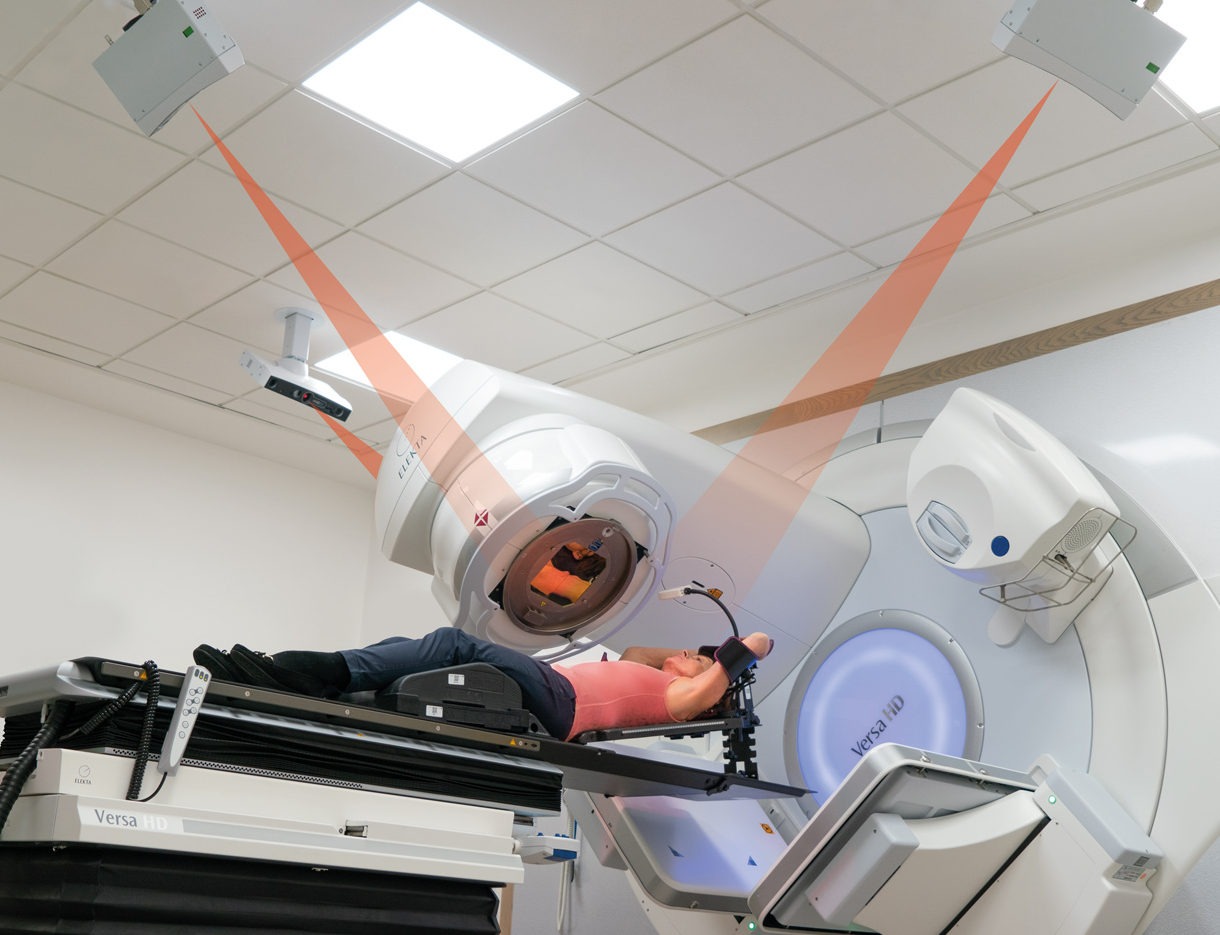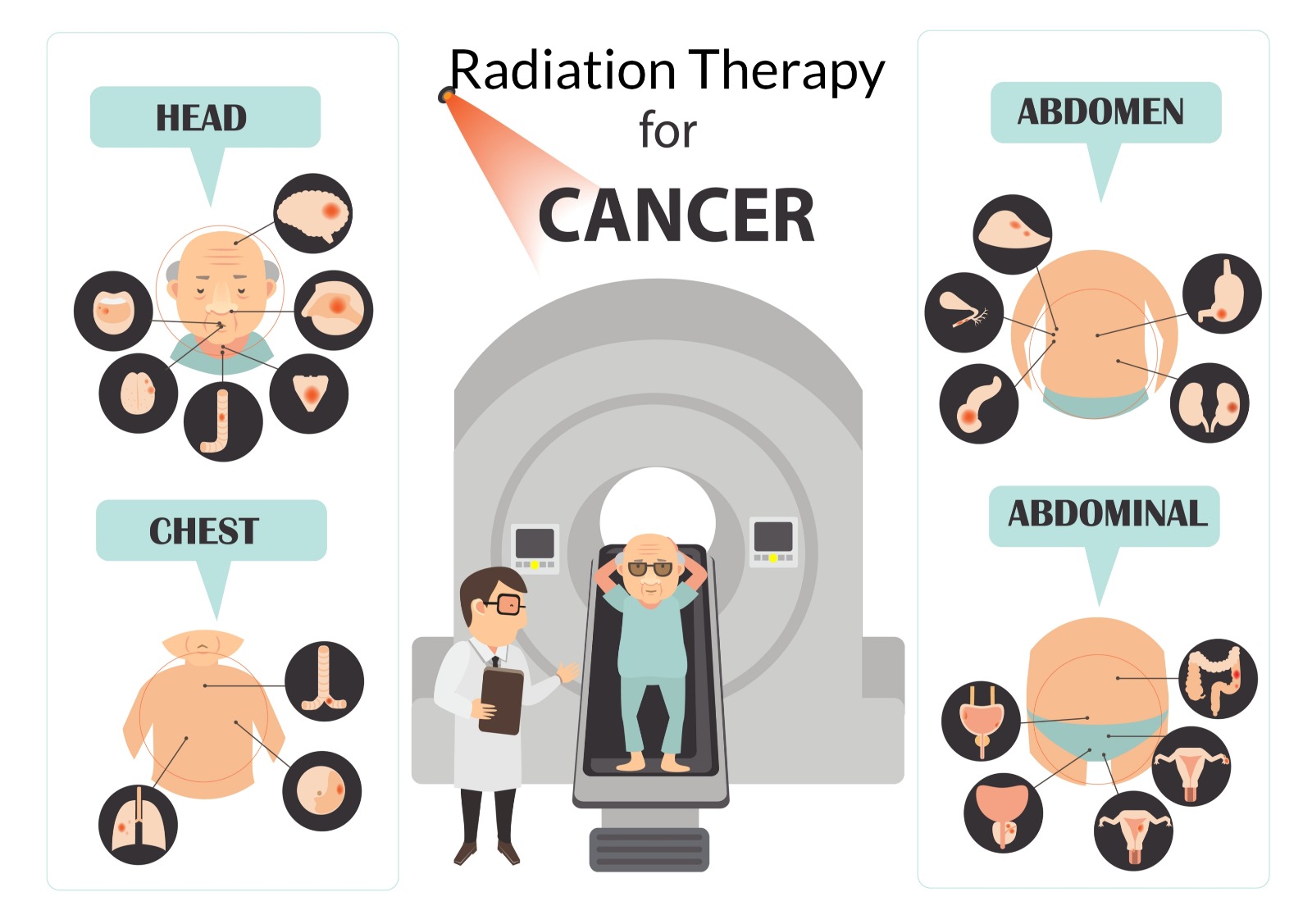

Cancer is a condition in which cells in a specific part of the body begin to grow and reproduce uncontrollably, forming tumours which affect surrounding tissues and organs and sometimes spread to other parts of the body through the bloodstream or lymphatic system. Absolutely, cancer management is indeed a multidisciplinary approach. It involves a collaborative effort among various healthcare professionals from different medical specialties to provide comprehensive care to cancer patients. The multidisciplinary team typically includes the following specialists:
Radiation Oncologist: Administers radiation therapy to target and destroy cancer cells.
Medical Oncologist: Specializes in the use of systemic therapies, such as chemotherapy, targeted therapy, and immunotherapy, to treat cancer.
Surgical Oncologist: Performs surgical procedures to remove tumors and cancerous tissues from the body.
Each doctor of the multidisciplinary team brings their expertise to the table, and their collective knowledge helps in making well-informed treatment decisions tailored to the individual needs of the patient. The team meets regularly to discuss cases, review treatment progress, and adjust the treatment plan as needed. treatment plans depends on Staging of cancer at diagnosis, condition of patients health and involved body parts of patient.
This collaborative approach ensures that patients receive the most effective and personalized care, taking into account various aspects of their medical condition, overall health, and emotional well-being. By combining the expertise of multiple specialists, cancer management aims to optimize treatment outcomes and improve the quality of life for cancer patients.
Radiation therapy, also known as radiotherapy, is indeed an advanced and effective treatment used in the management of various cancers. It involves the use of high-energy radiation to target and destroy cancer cells while minimizing damage to surrounding healthy tissues. Radiation therapy can be employed in different ways:
Curative Intent: In some cases, radiation therapy is used with the goal of curing cancer. It may be the primary treatment or part of a combination therapy that includes surgery, chemotherapy, or immunotherapy. Curative radiation is typically applied to the tumor site and, in some cases, nearby lymph nodes or areas at risk of cancer spread.
Adjuvant Therapy: After primary cancer treatment, such as surgery, there may be a risk of residual cancer cells or microscopic disease remaining. Adjuvant radiation therapy is used to reduce this risk and prevent cancer recurrence. It is administered after the primary treatment to target any remaining cancer cells and improve the chances of long-term disease control.
Neoadjuvant Therapy: In certain situations, radiation therapy may be given before the main treatment, such as surgery or chemotherapy. This is known as neoadjuvant therapy and is used to shrink tumors, making them more manageable for subsequent treatments.
Palliative Care: Radiation therapy is also utilized in palliative care to alleviate symptoms and improve the quality of life for patients with advanced or metastatic cancer. It can help relieve pain, control bleeding, and reduce tumor size, enhancing the patient's comfort and well-being.
Radiation therapy is a critical component of multidisciplinary cancer management, and its usage depends on the type and stage of cancer, the overall health of the patient, and the treatment goals. Radiotherapy involves using carefully selected doses of ionizing radiation to damage the DNA of cancer cells. The DNA controls how they divide. Radiation causes the tumour to shrink and, in some cases, die. Radiation therapy has been used since the 1890s to treat almost all types of cancer. It is applied alone or in combination with other treatments, such as chemotherapy or surgery, to cure cancers or control symptoms of the disease.It is often used in combination with surgery, chemotherapy, immunotherapy, and other treatments to provide the most effective and tailored approach for each individual patient.
Advancements in radiation therapy techniques, such as intensity-modulated radiation therapy (IMRT), stereotactic body radiation therapy (SBRT), and proton therapy, have improved treatment precision and reduced side effects, making radiation therapy an even more valuable tool in the fight against cancer. However, it's essential to note that the choice of treatment depends on the specific characteristics of each case, and the recommendation is made by the multidisciplinary team of oncology experts based on evidence-based guidelines and the latest research.